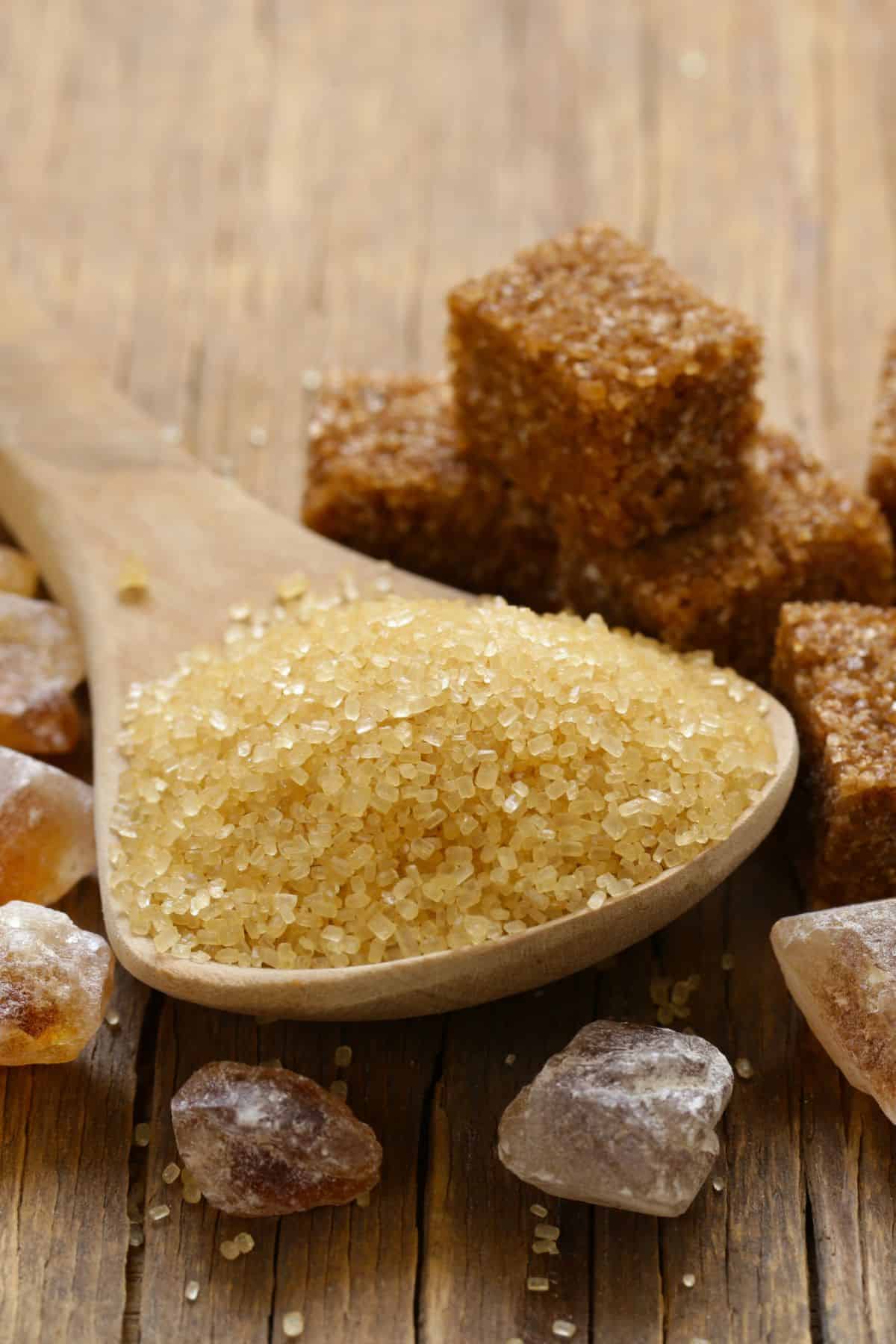The Environmental Impact of Growing Sugar and Cane in Various Regions
The Environmental Impact of Growing Sugar and Cane in Various Regions
Blog Article
Why Cane Sugar Processing Chemicals Are Vital for Modern Sugar Refining
The duty of cane sugar processing chemicals in contemporary sugar refining can not be overstated, as they are essential to enhancing both the effectiveness of removal and the total top quality of the last item. Representatives such as phosphoric acid and certain flocculants are utilized to get rid of impurities, resulting in sugar that not only satisfies consumer expectations but additionally adheres to sector criteria.
Duty of Handling Chemicals
The efficiency of cane sugar processing pivots significantly on the tactical application of processing chemicals. These chemicals play a critical role in enhancing the performance and high quality of sugar removal and refining. From the preliminary stages of juice removal to the final filtration actions, handling chemicals assist in various crucial operations.
In the extraction stage, chemicals such as phosphoric acid and calcium hydroxide are utilized to optimize the clarification process, aiding to get rid of pollutants and suspended solids from the walking cane juice. This not just improves the yield yet additionally makes sure the clearness of the final item. Additionally, representatives like flocculants aid in the fast settling of pollutants, consequently simplifying the total procedure.
As the processing advances, chemicals are used in decolorization and formation phases. Activated carbon and ion exchange materials serve to get rid of color and odor, making sure that the refined sugar fulfills customer quality standards. Ultimately, the function of handling chemicals prolongs past operational effectiveness; they dramatically affect the sensory characteristics of the end product, adding to market competitiveness. Hence, the careful choice and application of these chemicals are vital for accomplishing optimal results in cane sugar handling.
Key Types of Chemicals
Cane sugar handling counts on a variety of crucial chemicals that facilitate each phase of manufacturing. These chemicals play crucial roles in clarifying, whitening, and detoxifying the sugar extracted from cane.
One main classification of chemicals consists of flocculants, such as polyacrylamide, which help in the clarification process by promoting the aggregation and settling of pollutants. Furthermore, calcium hydroxide is often utilized to counteract acidity and assist in the removal of non-sugar elements.
Whitening agents, such as turned on carbon and sulfur dioxide, are used to decolorize the syrup, resulting in a more clear last item. These chemicals help remove shade substances that may impact the sugar's appearance and bankability.
In addition, phosphoric acid offers as a pH regulatory authority throughout the processing phases, ensuring optimal problems for the enzymatic tasks included in sugar extraction and purification.
Various other crucial agents consist of edta (ethylenediaminetetraacetic acid), which chelates steel ions that can catalyze undesirable reactions, and sodium hydroxide, which helps in pH control throughout the refining procedure. Collectively, these chemicals boost effectiveness and guarantee a high-quality cane sugar item.
Benefits for Sugar Top Quality
Commonly ignored, the use of details handling chemicals considerably boosts the total top quality of cane sugar. These chemicals play a crucial role in refining procedures, making sure that the final item meets rigid industry criteria for pureness and preference.

Additionally, processing chemicals help in achieving a consistent granulation and texture, which are vital for customer approval. By managing the condensation process, these chemicals guarantee that the sugar crystals develop evenly, bring about a much more attractive product that liquifies well in various applications.
Moreover, using these link chemicals can boost the rack life of cane sugar by lessening moisture absorption and microbial development. Generally, the critical application of processing chemicals is crucial for providing premium cane sugar that fulfills customer assumptions and industry needs.
Environmental Influence Factors To Consider

Additionally, the energy-intensive nature of sugar refining, worsened by chemical use, frequently results in raised carbon emissions. This adds to environment adjustment and elevates problems pertaining to the sustainability of existing refining techniques. In addition, the sourcing of these chemicals might entail methods that endanger biodiversity, such as monoculture farming, which lowers the strength of farming ecosystems.

To alleviate these impacts, sugar refiners are progressively exploring sustainable alternatives and adopting finest techniques that reduce chemical usage. Implementing strenuous ecological monitoring systems can assist guarantee that the refining process aligns with environmental standards and advertises biodiversity. Eventually, a balanced strategy that prioritizes both sugar high quality and ecological stewardship is essential for the lasting feasibility of the sugar market.
Future Fads in Refining
As the sugar market grapples with the ecological difficulties related to traditional refining approaches, innovative methods are arising to improve both efficiency and sustainability. One significant fad is the adoption of environment-friendly chemistry principles, which focus on making use of safe, naturally degradable processing chemicals. This shift not just reduces ecological impact but also addresses consumer demand for cleaner manufacturing approaches.
Another encouraging development is the application of advanced filtration modern technologies, such as membrane splitting up and adsorption processes. These methods boost the clearness and quality of the sugar while lowering the volume of visit this site wastewater produced throughout refining. Additionally, the assimilation of electronic modern technologies, including IoT and AI, is changing functional efficiency by making it possible for real-time tracking and predictive upkeep, hence reducing source waste.
Furthermore, making use of byproducts from sugar refining, such as bagasse and molasses, is gaining traction. These materials can be converted into biofuels or value-added products, adding to a circular economic situation within the industry. Jointly, these patterns signify a change in the direction of more lasting practices that not only improve operational effectiveness however additionally line up with worldwide sustainability goals, making certain the future viability of sugar refining.
Final Thought
Walking cane sugar processing chemicals are vital in contemporary sugar refining, dramatically boosting the performance and top quality of sugar removal. The tactical use these chemicals not just boosts the purity and taste of the final product yet additionally guarantees regular condensation and appearance. As the market increasingly prioritizes sustainability, the fostering of environmentally-friendly handling agents is likely to form future trends in refining, inevitably bring about better products and expanded life span for consumers.

Eventually, a well balanced method that focuses on both sugar top quality and environmental stewardship is important for the long-lasting stability of the sugar industry.
Cane sugar handling chemicals are important in modern-day sugar refining, considerably improving the performance and quality of sugar extraction.
Report this page